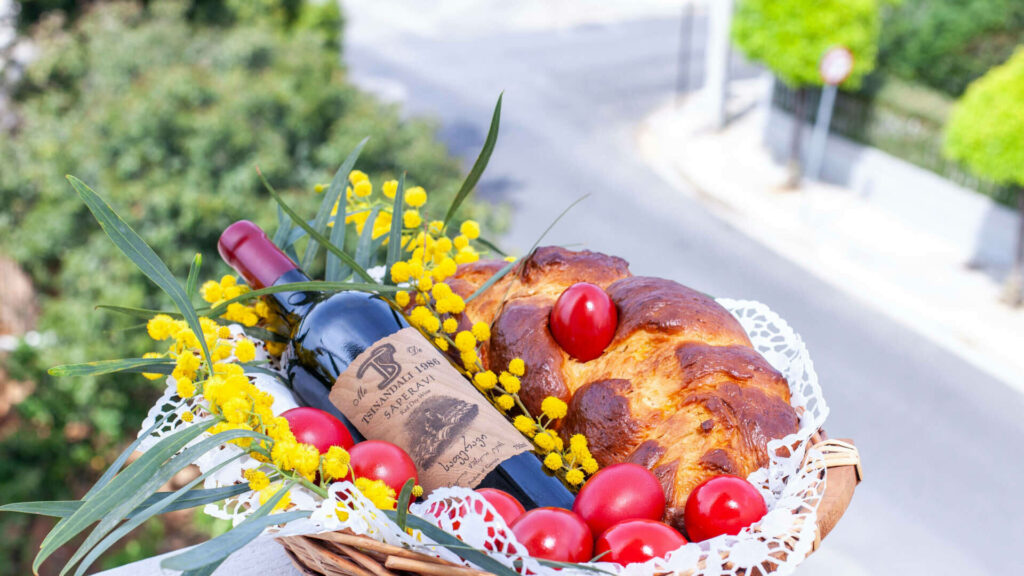NEWSLETTER
Get the best of Neos Kosmos delivered to your inbox
By subscribing you accept our Terms of Service and Privacy Policy.
By subscribing you accept our Terms of Service and Privacy Policy.

Life –
This June the Queensland Performing Arts Centre (QPAC) is partnering with the Greek Festival of Sydney to host the largest number of Greek voices ever on a QPAC stage, as …

Life –
VIC Monthly MYTH meet-ups Monthly MYTH meet-ups are an ongoing opportunity for young people curious and passionate about mythology to explore and enter this wonderful world. Each month they explore …

Sport –
One fixture lurking like a troll in Arsenal’s Premier League title run-in has probably consumed the thoughts of the club’s fans more than any other – Sunday’s short trip to …
News –
The Australian Embassy in Greece hosted a ceremony at the Commonwealth War Graves Commission Cemetery in Athens to commemorate ANZAC Day, honouring all those who have served in armed conflict. …
News –
Dozens of police in Victoria are facing criminal charges including sexual assault and intentionally causing injury. A total of 78 officers and public transport police, known as Protective Services Officers, …
Sport –
PAOK’s premiership hopes are on the line as they prepare for an absolute must-win contest against rivals AEK, with the rest of the league also looking to them to add …
News –
In his message marking Anzac Day, Archbishop Makarios of Australia reminded Australians of the importance of reflecting on history to find inspiration in selflessness and sacrifice in a world governed …
News –
Thousands of Australians have gathered at dawn services around the country to commemorate the sacrifices of service men and women past and present on Anzac Day. In Canberra, a single …
News –
Australian inflation has come in hotter than expected, with price increases hitting a broad array of categories including rents, education and medical bills. Annual inflation is still tracking in the …
News –
The British Royal Navy has turned to Ancient Greece as they named their latest submarine over the famous Greek king known widely from Homer’s ‘The Iliad’, Agamemnon. The Navy, as …
News –
The cost of rebuilding in Greece after last year’s destructive floods, which killed 17 people and destroyed essential infrastructure, will exceed three billion euros ($3.2 billion), the prime minister said …
Sport –
The NPL is heating up this week with enough drama to make Netflix jealous. We’re on the eleventh matchday and the Greek Australian teams are slaying the competition like a …
News –
Greece is holding a three-day disaster exercise on the tourist island of Crete with both visitors and operators stressing the need to prepare for emergencies, including quakes and fires. The …